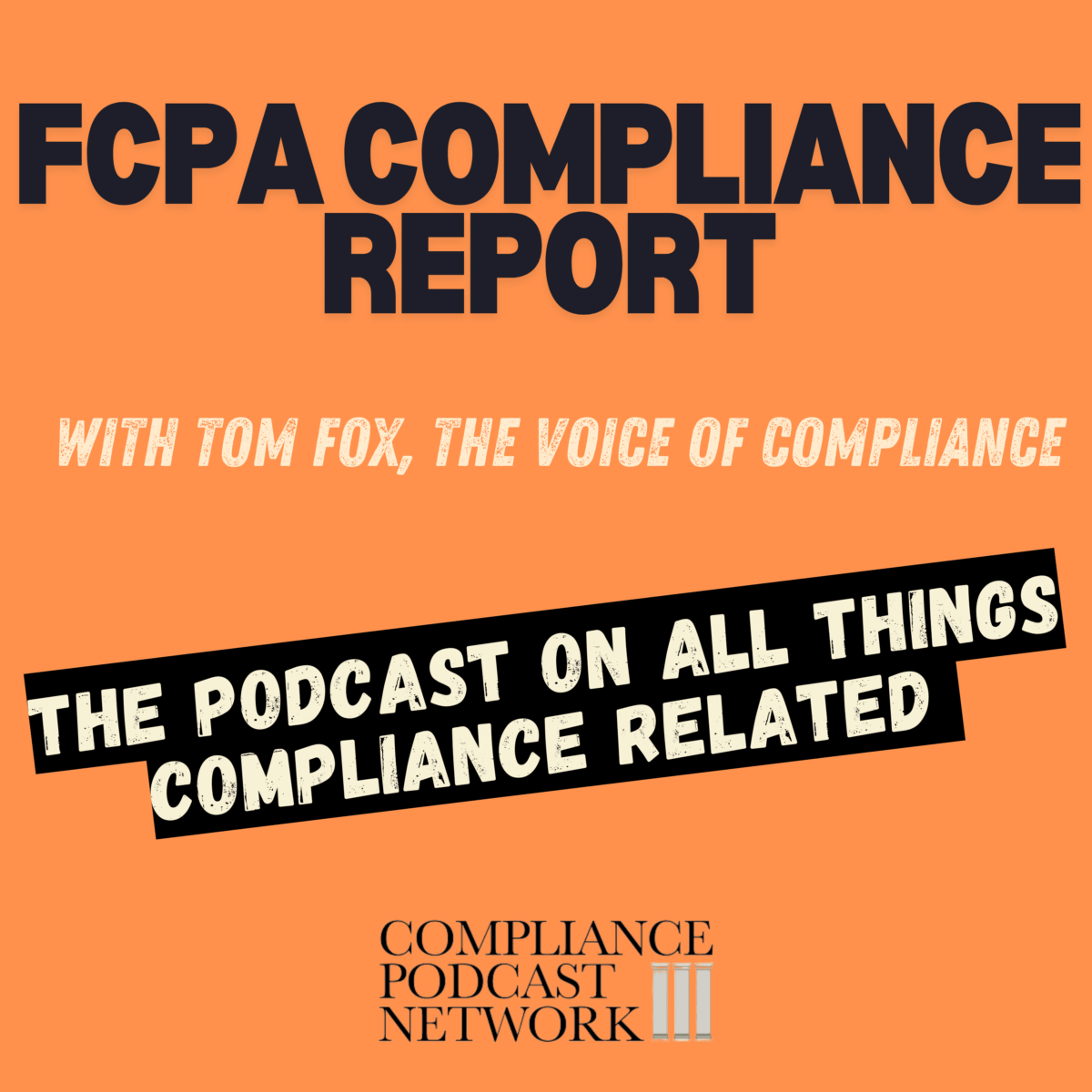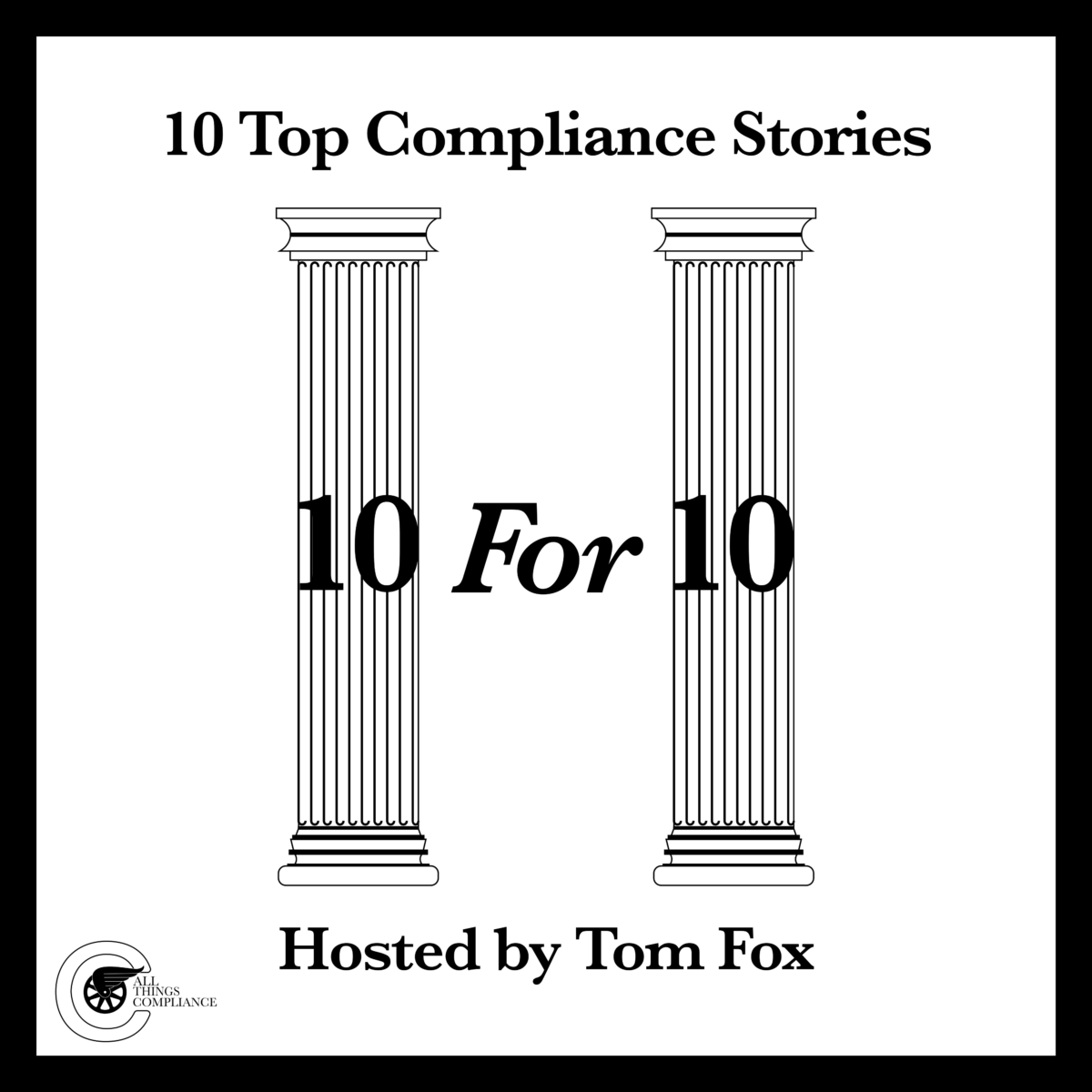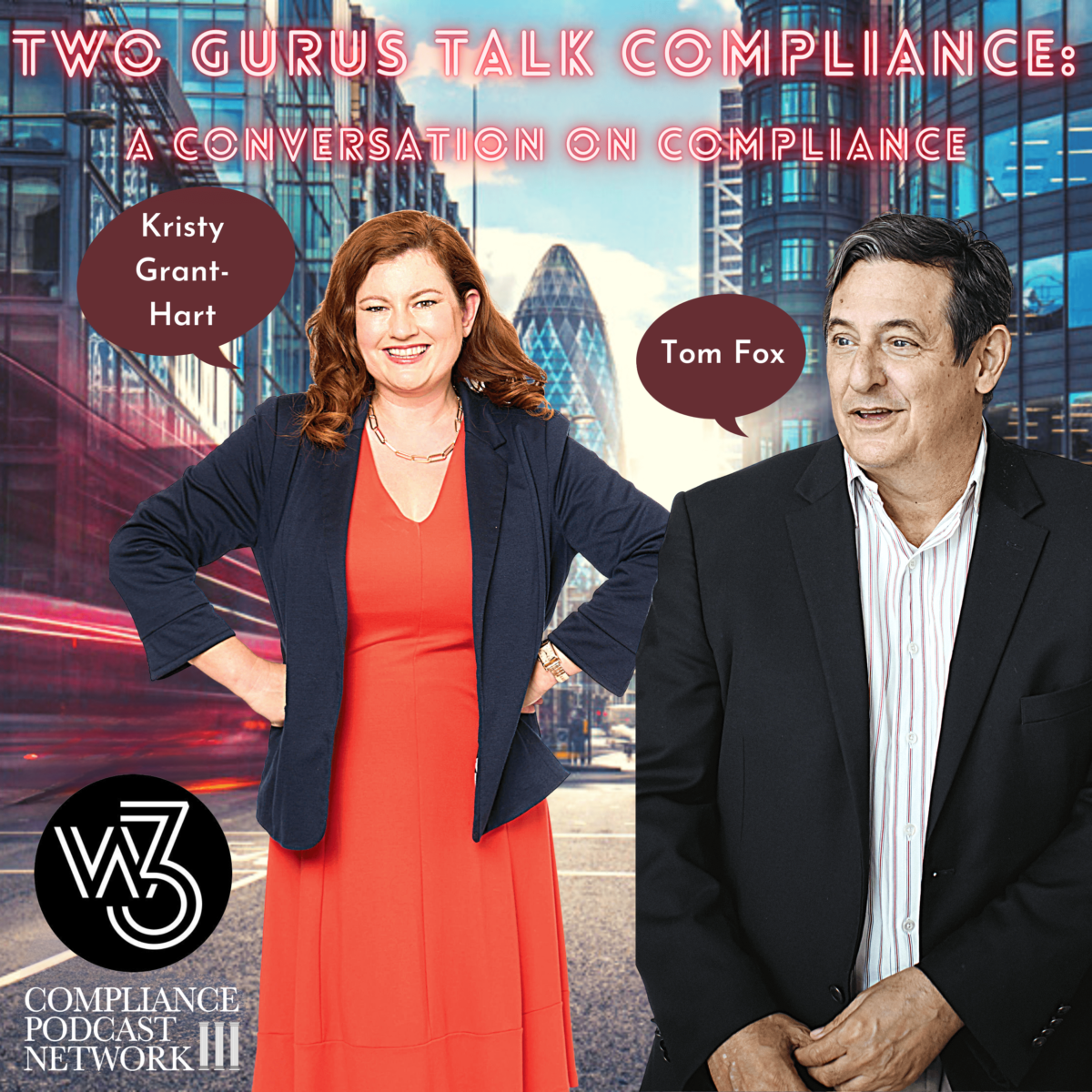Export control compliance is a high-stakes area that many companies overlook until it is too late. With regulatory frameworks such as the Export Administration Regulations (EAR), the International Traffic in Arms Regulations (ITAR), and the Office of Foreign Assets Control (OFAC) sanctions programs, businesses must be vigilant. Internal audits have a key role in ensuring compliance and mitigating the significant risks of violations, ranging from hefty fines and reputational damage to potential debarment from government contracts.
Understanding Export Controls Compliance
Export controls govern the export, re-export, and transfer of goods, technology, and services across borders. They aim to protect national security, enforce foreign policy objectives, and prevent sensitive materials from reaching unauthorized parties.
Key U.S. Export Control Regulations
Several major regulatory frameworks govern export controls in the U.S.:
- Export Administration Regulations (EAR) – Overseen by the Bureau of Industry and Security (BIS), the EAR covers dual-use goods items with both civilian and military applications.
- International Traffic in Arms Regulations (ITAR) – Managed by the State Department, ITAR regulates defense-related exports.
- Office of Foreign Assets Control (OFAC) – OFAC administers sanctions programs that restrict trade with specific countries, entities, and individuals.
Violating these regulations can cause severe legal, financial, and reputational consequences, including multi-billion-dollar penalties and exclusion from government contracting.
The Risks of Noncompliance
Export control noncompliance carries significant risks:
- Legal and Financial Risks – Companies can face substantial fines, criminal charges, and debarment from government contracts. For some organizations, debarment can be a financial death sentence.
- Reputational Risk – Failing to comply can lead to reputational damage, including negative press, loss of customer trust, and shareholder worries.
- Operational Disruptions – Supply chain disruptions and market access restrictions can cripple a business, especially in industries such as aerospace, defense, and technology.
- National Security Risks – The inadvertent transfer of technology with military applications to unauthorized parties can have serious geopolitical ramifications.
- Cybersecurity Threats – Controlled data can be exploited to compromise national security if exposed to foreign adversaries.
Internal Audit’s Role in Export Controls Compliance
Given these risks, internal audits must proactively ensure robust compliance frameworks are in place. This includes:
1. Evaluating Compliance Frameworks
A strong compliance framework begins with clearly defined policies and procedures that align with export control regulations. Internal audits should assess whether these guidelines are well-documented, communicated, and consistently enforced across the organization. A key component of compliance is designated ownership, and organizations must assign clear responsibilities for managing export controls and ensuring accountability at every level. Without clear ownership, compliance efforts can become fragmented and ineffective. Additionally, internal audits should evaluate the effectiveness of training programs designed for employees who handle controlled items and data. Training should be comprehensive, regularly updated, and tailored to different roles within the company. Employees must understand their responsibilities, potential red flags, and the legal implications of noncompliance. An ongoing training program strengthens the organization’s culture of compliance and minimizes the risk of accidental violations.
2. Conducting Risk Assessments and Monitoring
Internal audit plays a critical role in identifying and mitigating risks associated with export controls. Auditors should conduct risk assessments to pinpoint high-risk transactions, products, and business units susceptible to violations. These assessments help organizations allocate resources effectively and focus on areas of greatest concern. Compliance gaps can expose organizations to significant risks, making it essential for auditors to assess whether existing controls are sufficient or improvements are needed. In addition, internal audits should monitor red flags that may show potential compliance breaches. Common red flags include shipments to embargoed countries, unusual customer requests related to product specifications or destinations, and sudden changes in routing or documentation. Proactive monitoring allows organizations to detect and address potential violations before they escalate into larger compliance issues.
3. Auditing and Testing Export Controls
Regular audits and testing of export controls are necessary to ensure regulatory compliance. Transaction testing is a fundamental internal audit practice verifying whether export licensing and classification rules are correctly followed. This process helps identify inconsistencies or errors that could lead to compliance failures. Another essential tool is data analytics, which can uncover anomalies in export transactions. Analyzing patterns, trends, and deviations allows auditors to flag suspicious activity and investigate further. However, data analytics is only effective if the organization understands the key risk indicators and integrates them into monitoring systems. Third-party due diligence is crucial in assessing compliance risks within supplier and distributor relationships. Auditors should evaluate whether third-party partners adhere to export regulations and implement adequate controls to prevent illicit activities. Failure to conduct due diligence can expose companies to liability for the actions of their business partners.
4. Strengthening Incident Response and Investigations
A strong incident response mechanism is a cornerstone of an effective export controls compliance program. Internal audits should evaluate whether the company has robust reporting mechanisms encouraging employees to report potential violations. A well-structured reporting system, such as an anonymous hotline, can help organizations detect issues early and address them promptly. Investigations must be handled efficiently, with a structured approach for triaging allegations and determining their severity. Internal audits should assess whether the organization follows best practices in conducting investigations and whether findings are documented appropriately. Corrective actions are another critical component—compliance gaps identified during investigations must be addressed promptly to prevent recurrence. Internal audits should ensure that corrective actions are implemented effectively and lead to lasting improvements in compliance practices.
5. Collaborating with Legal, Compliance, and Supply Chain Teams
Export compliance is a cross-functional responsibility, requiring collaboration between internal audit, legal, compliance, and supply chain teams. Internal audit should work closely with these departments to develop an integrated approach to managing export risks. Strong partnerships improve transparency and facilitate open communication, essential for identifying and addressing compliance challenges. Legal and compliance teams provide expertise on regulatory requirements, while supply chain teams play a crucial role in tracking the movement of controlled goods. Internal audits should ensure that all stakeholders are aligned in their efforts and that compliance initiatives are well-coordinated. Internal audits can enhance monitoring mechanisms by ensuring that information-sharing processes are efficient and potential compliance risks are escalated appropriately. A collaborative approach strengthens the organization’s overall compliance posture and minimizes regulatory exposure.
Red Flags That Demand Further Scrutiny
Export control violations often result from either negligence or intentional circumvention of regulations. Key warning signs include last-minute changes to product specifications, especially if such modifications appear designed to bypass regulatory restrictions. Altered shipment destinations should also raise concerns, particularly those involving high-risk or embargoed countries. Requests to route shipments through third countries may signal attempts to evade sanctions, while unusual payment methods or routing through non-traditional banks can indicate illicit activities. These red flags necessitate heightened due diligence and should be promptly escalated for further investigation. A proactive compliance approach that integrates continuous monitoring, effective auditing, and cross-department collaboration is essential in mitigating these risks and ensuring adherence to export control regulations.
Export control compliance is not just a regulatory obligation but a fundamental aspect of risk management and corporate integrity. Organizations that prioritize compliance through robust frameworks, continuous risk assessments, and proactive internal audit functions can avoid costly penalties and reputational damage. By fostering collaboration across departments and maintaining vigilance against red flags, companies can strengthen their compliance posture and build trust with regulators, partners, and customers. A proactive and integrated approach to export control compliance ensures business continuity and long-term success in an increasingly complex global trade environment.











